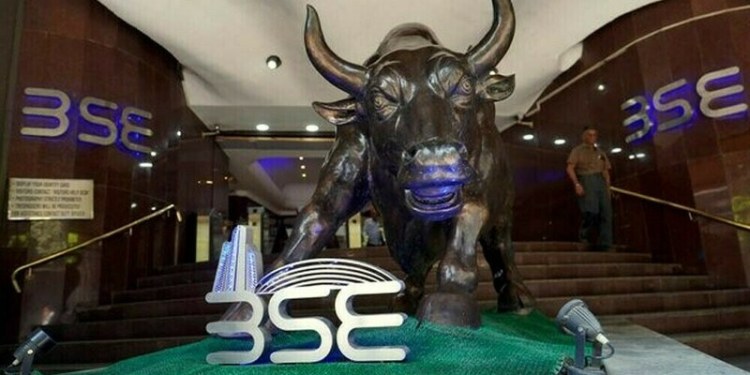(The writer is a Reuters contributor. The opinions expressed are his own.)
By Chris Taylor
NEW YORK (Reuters) – Administrators of some of the country’s largest public pension funds have decided they are interested in sustainable investing – and the financial industry is listening.
Investing with a focus on environmental, social and governance issues – known as ESG – now amounts to $12 trillion in the United States, according to a new report from the nonprofit US SIF: The Forum for Sustainable and Responsible Investment.
That amount has increased 38 percent in two years, with much of that driven by big institutional investors with big dollars to manage.
CalPERS, for example, manages $344 billion for California’s public employees while CalSTRS invests $229 billion for the state’s teachers. New York State’s Common Retirement Fund manages $207 billion and New York City Retirement Systems, $195 billion, just to name a few.
The No. 1 ESG issue for big money managers right now is climate change, according to the US SIF report. That means they are moving big blocks of money into investments that are taking a responsible approach to the environment. They also weed out so-called bad actors from their lists – or encourage them to change their ways.
Money managers who make decisions about where to invest can address these issues with either ESG-specific funds – Parnassus Core Equity is a prominent example that is available to retail investors – or as an umbrella strategy that governs their whole portfolio, like CalPERS.
“We are integrating sustainable investing thinking into all our research, decision-making and engagement with companies, helping them think about environmental and social topics,” said Beth Richtman, managing investment director for CalPERS’ sustainable investment program.
WIDENING INTEREST
In the past, ESG investing may have been a niche approach – but not anymore.
The CFA Institute surveyed portfolio managers of all types and found that 73 percent took ESG issues into account in their investment processes.
Governance issues – like having talented, independent board members, and executive pay that is reasonable and not runaway – ranked highest, followed by environmental and social issues.
That shift toward ESG is not, however, without controversy.
The debate is: should funds invest sustainably, with an eye to environmental and social factors, or should returns be their sole obligation?
An example: In 2000, CalPERS made the decision to divest from tobacco companies, whose stocks have since then enjoyed above-average performance. That move is said to have sacrificed billions of dollars in lost returns.
“That’s bad for one of the most underfunded pension plans in the nation,” said Chris Burnham, a former vice chair of Deutsche Asset Management and president of the Institute for Pension Fund Integrity.
But sustainability advocates say that you can do well by doing good. Companies taking ESG issues into account tend to have better financial outcomes, said CalPERS’ Richtman.
“Part of making money is understanding the array of risks and opportunities that are out there. Environmental, social and governance risks are part of those considerations for every portfolio manager,” she said.
Some big pension funds are going a step further than just investing by actively engaging and nudging companies in a more sustainable direction.
For instance, CalPERS is one of the founders of the Climate Action 100+ movement, a group of investors trying to get the world’s worst carbon emitters to clean up their acts.
“Large institutional investors like Calpers have been at the forefront of a lot of initiatives like this,” said Matt Orsagh, director of capital markets policy at the CFA Institute, which has released multiple reports on ESG investing. “They were first adopters, and sometimes they got a lot of pushback. Now that’s not the case.”
In fact, 10 years down the road, we won’t even be using the acronym ESG anymore, predicted Orsagh. By then, it will just be a part of fundamental analysis – portfolio managers doing their jobs.
“It’s a big culture change, and it’s happening right now,” he said.
Source: Investing.com



























